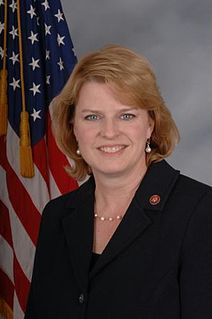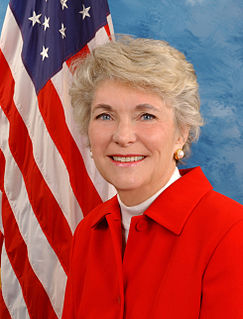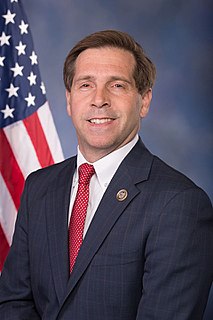A Quote by Marsha Blackburn
Small business owners that are female, that is their number one problem, is access to capital.
Related Quotes
If you talk to anyone involved in business - forget banks and big business - talk to small businesses - do it yourself, don't ask me - they'll tell you it's crippling. Small-business formation is the lowest it has ever been in a recovery, and it's really for two reasons. One is regulations and the second is access to capital for people starting new businesses.
The Paycheck Protection Program has been vital to helping our small businesses and workers weather the coronavirus pandemic. Yet this program has operated with little oversight, and we've seen Kansas small businesses owners struggle to access relief while large corporations with deep pockets have no problem.
We have many accommodation owners - people who own small hotels, villas and bungalows - and the digital economy has opened up a world of possibility for these business owners. Now, they can sell to and communicate with people around the world, and where Booking.com comes in is to help these accommodation owners adapt to the digital world.

































